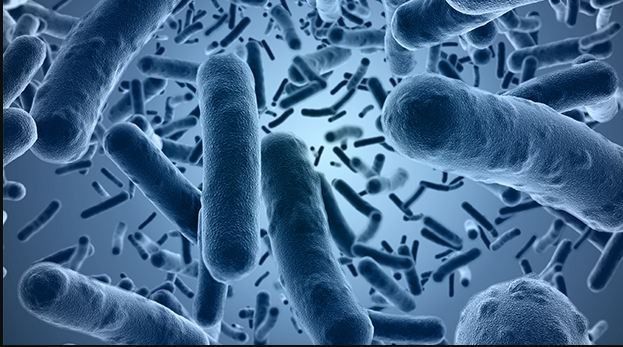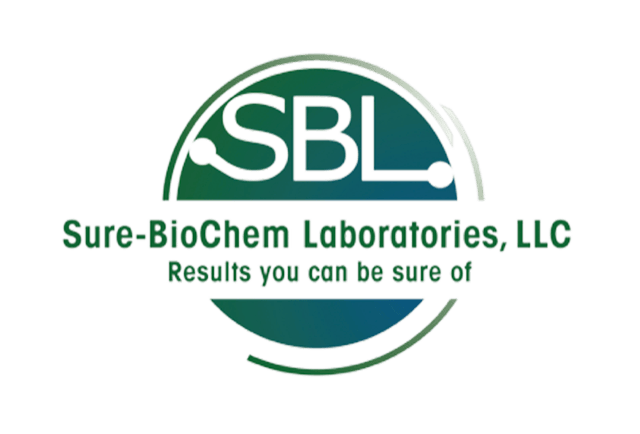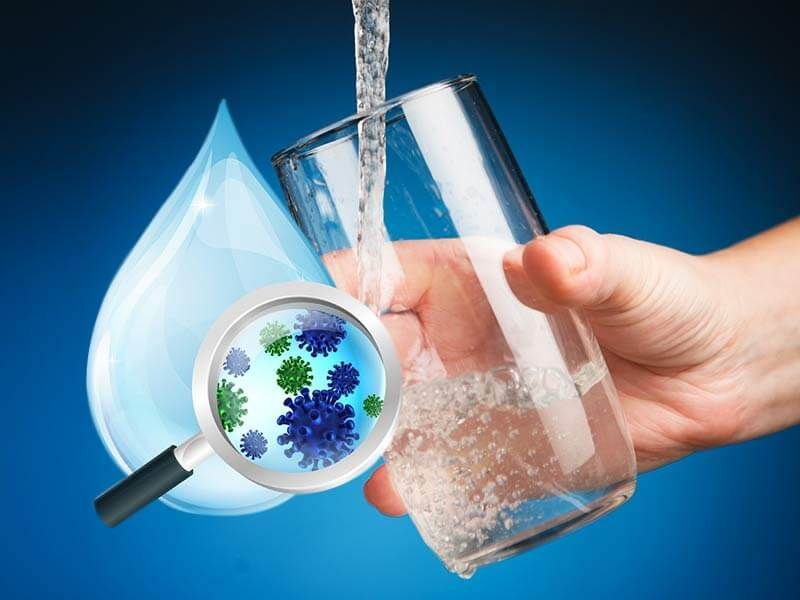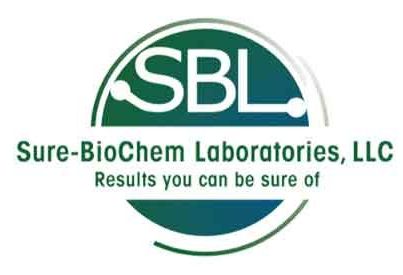Listeria Outbreak with Dole Salads: What You Need to Know

The CDC has released an alert related to a listeria outbreak in relation to Dole salads products.
The now-recalled salads were reported to have killed two people and sickened 17 others in 13 different states. The salads known to contain listeria are under different brand names, including Ahold, Dole, Kroger, and Marketside.
The CDC suggests that salads with “Best if used by” dates between November 30, 2021 and January 9th should be thrown out.
Treatment for listeria in the fridge would involve cleaning any surfaces inside to prevent the germs from surviving and spreading to other items.
Let's breakdown what exactly is listeria?
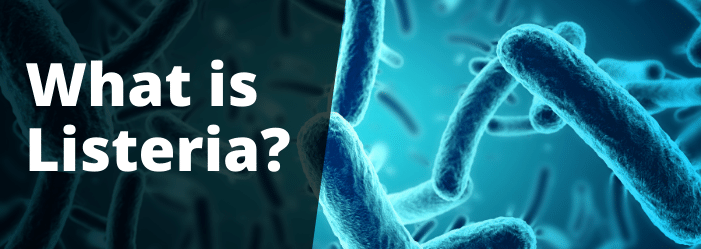
What is Listeria?
Listeria is a bacteria that can live in soil, water, dust, food and many other substances. It’s one of the most common causes of food poisoning. This means it can happen to almost anyone unexpectedly.
Listeria is commonly caused by bacteria that grows in cold temperatures, which is why it poses such a high risk for foods in a refrigerator. Unfortunately, there is no way to check for listeria because you can’t taste, see, or smell it.
A way to know how to test for listeria in food is to observe your symptoms after eating something that may have been exposed to the bacteria.
Symptoms of listeria
Signs of a listeria infection typically include diarrhea, muscle aches, fever, and nausea which are commonly associated with general food poisoning. However, symptoms usually pass in a day or two, with plenty of fluids and rest.
Thankfully, the infection does not entirely pose a high risk for most people. But for a rare few, listeria can cause life-threatening reactions, especially for pregnant women, babies, and the elderly.
Understanding treatment for listeria is still important for these groups.
Treatment Plan
The good news is, something as simple as oral antibiotics can help mitigate the effects of a listeria infection. Treatment can vary based on the severity of the infection and potential risks to the specific groups mentioned before.
A visit with your doctor could help if you experience any signs or symptoms of a listeria infection. Some people may be asymptomatic.
So, how soon can you test for listeria and what are the
testing options
?
Listeria Testing Options
If you have been exposed to the bacteria, your doctor may begin diagnostic testing, such as a listeria antibody test or blood test.
If the diagnostic does come back positive, IV antibiotics can be a necessary treatment for listeria if your symptoms are more severe. This could hospitalize a person, so their status can be monitored during treatment.
After symptoms end, you may still want to get a listeria antibody test. This test is important because it checks for antibodies in your blood after you have been infected.
If the antibodies are present, then your body will be more prepared to fight off a listeria infection next time it may occur.
The benefits of getting a listeria antibody test will be tremendously helpful for future prevention of the bacteria.
For those looking for lab testing options, check out our
expert microbial contamination testing guide.
Preventing Listeria
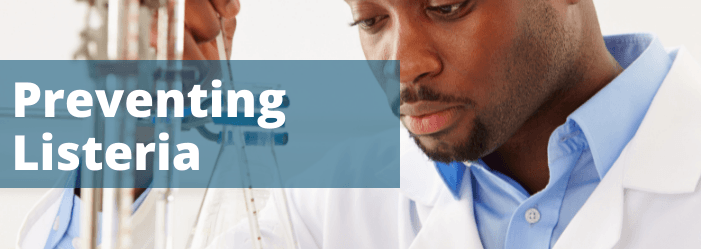
If you begin to experience symptoms related to food poisoning, it may have been caused by listeria. First, you will want to think back to foods you have recently eaten.
This can include items like soft cheeses or Mexican-style cheeses. Other at-risk food services include raw or unpasteurized milk, and processed meats, such as hot dogs or sandwich meats, and, of course, any food that has been recalled, such as the Dole salads mentioned above.
How to test for listeria in food
Because listeria is undetectable in the food it’s present in, it makes it hard to find. How soon can you test for listeria? There is no easy answer.
The most common tool for listeria testing are swabs and sponges used in a lab.
Labs can usually detect listeria on food samples through a combination of cultural and rapid detection methods. This involves trying to grow the bacteria on the food while rapid detection looks for the DNA of the listeria.
Quality and respected testing labs adhere to a firm chain of custody procedure.
Finding a lab that can perform this careful procedure can be difficult during this outbreak. Luckily, Sure-BioChem Labs knows just how to test for listeria in food!
Explore Your Food Testing Service Options
With the recent recall of Dole salads and other recalls becoming more common, it’s important to be mindful of the potential dangers in your food products.
Sure-BioChem labs can help you with your food testing needs, among many other forms of testing!
Simply determine which type of testing you need and receive a free quote today. There is no cost or obligation to speak with one of our food testing pros today!
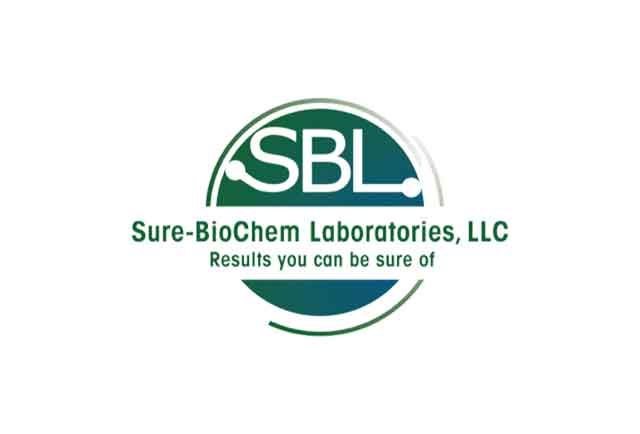
Need Our Help? Fill Out a Service Request Today!
We're here to assist you with all your needs. Please complete our service request form to ensure we provide the best possible service.
It's quick and easy—tell us a little about your request, and our team will reply promptly. We look forward to serving you!
Blog Contact Page
